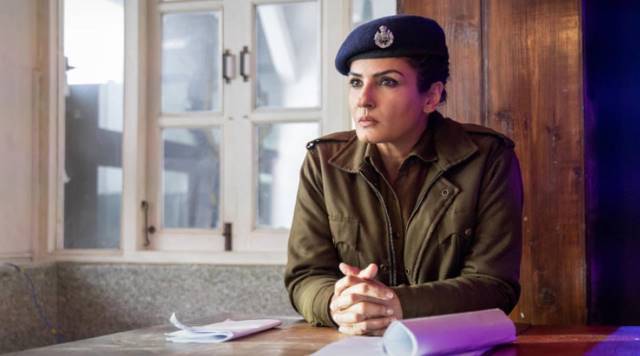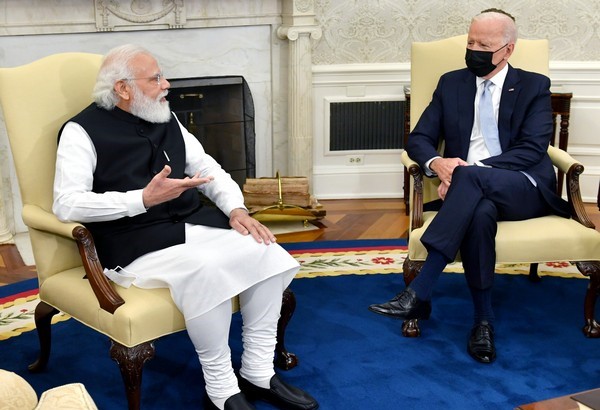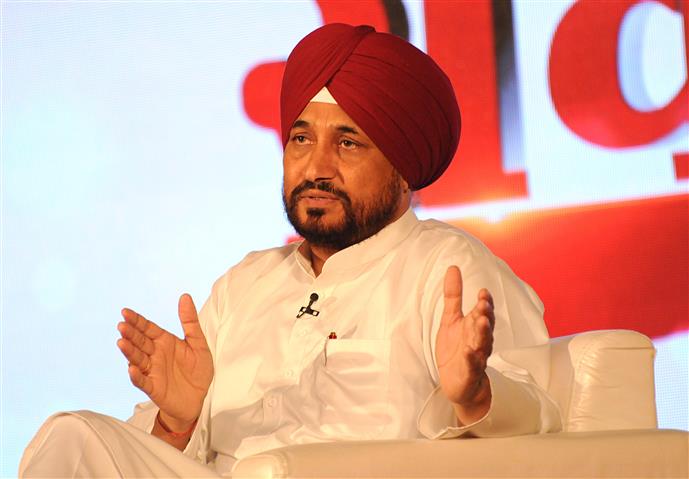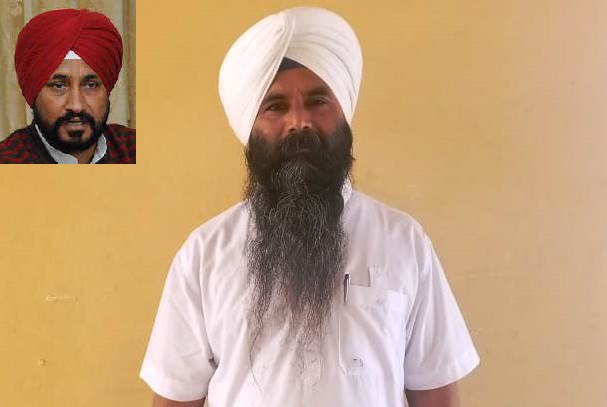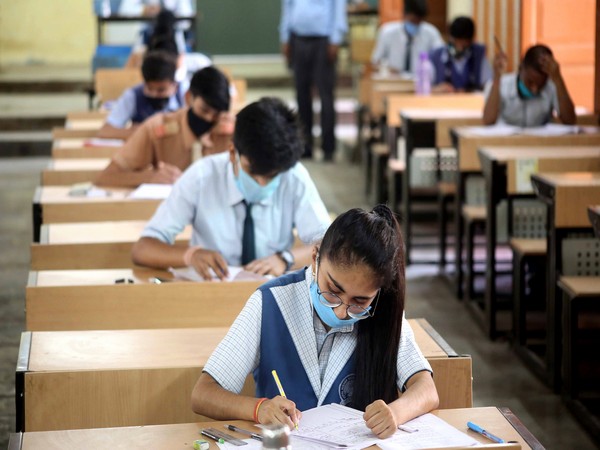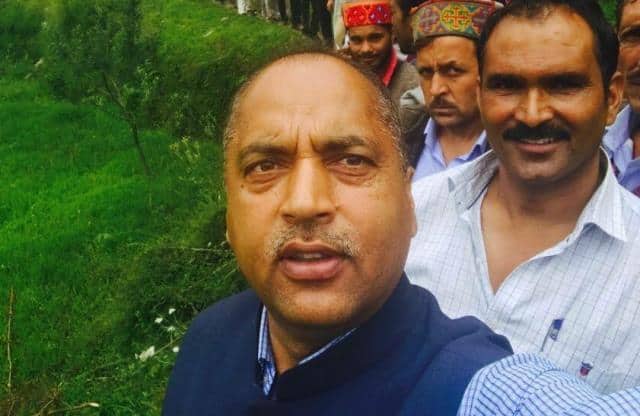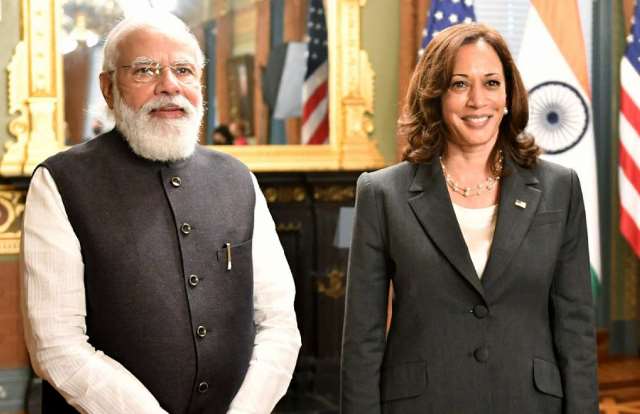The Taliban in early September formed the Islamic Emirate of Afghanistan (IEA) and appointed 33 more cabinet ministers that neither have women nor mainstream politicians from previous regimes rather it appointed world’s most dreaded and wanted cabinet ministers.
Earlier in September, the Taliban has announced a list of 17 more ministers in the caretaker Afghanistan Cabinet.
Mullah Muhammad Hassan Akhund who is appointed as the Prime Minister of the IEA is the co-founder of the Taliban is known to be an ill-tempered, religious dogmatist, is “considered one of the most unreasonable Taliban leaders”.
Mullah Abdul Ghani Baradar, First Deputy PM is related to Mullah Muhammad Omar, his brother-in-law through marriage to his two sisters.
He served as shadow governor of Herat and Kandahar, the commander of the central army corps and defence minister in the last Taliban government.
Molvi Abdul Salam Hanafi, second Deputy to PM is a key member of the Taliban’s negotiating team in Doha, served as education minister in the first Taliban Government.
He later served as military in charge of Jawzjan province after 9/11. Hanafi ran narcotics business for the Taliban to raise revenues.
In May 2020, Yakoob was made head of all Taliban military operations. The move displaced Ibrahim Sadr who was tipped to become Interior Minister.
Alhaj Mullah Sirajuddin Haqqani, the Interior Minister claimed responsibility for multiple suicide attacks in Afghanistan with dozens of civilians killed.
Molvi Ameer Khan Muttaqil Mutaqqi, the Foreign Minister was a member of the Taliban negotiations team in Doha. He served as Minister of Culture, Education and Information during the first Taliban regime.
Sheikh Molvi Nurullah Munir, the Education Minister was on the UN sanction list.
Mullah Khairullah Khairkhwa, Minister for Information and Broadcasting is the co-founder of the Taliban and said to have trained as a cleric in the Dar-ul-Uloom seminary near Peshawar in Pakistan.
He was arrested in Pakistan and ended up in Guantanamo Bay prison camp. Later, he was released in a prisoner swap and resettled in Doha. He is close to Bin Laden and Mullah Omar and is considered a hardliner.
Qari Din Mohammad Hanif, Minister for Economic Affairs is among the few members of ethnic minority groups to have a role in the Taliban.
He served as planning minister in the first Taliban Government and then served on the Taliban supreme council. He was close to Mullah Omar and is a hardliner.
Sheikh Noor Muhammad Saqib, the Minister for Hajj and Auqaf was a member of the Taliban Supreme Council and Head of Taliban Religious Committee.
Molvi Abdul Hakim, Law Minister served as the Taliban’s shadow chief justice, enforcing Sharia law.
Mullah Nooruilah Noori, Minister for Border and Tribal Affairs is considered to be a hardliner.
Mullah Abdul Mannan Umer, Minister for Public Works, is the step-brother of Mullah Omar. As per Afghan Intelligence officials, he was relocated to Karachi with a Pakistani passport and was living in a luxury villa in the Rayyan area.
Mullah Muhammad Essa Akhund, Minister for Minerals and Petroleum was close to Mullah Omar. He was considered as a third-most important figure in the Taliban.
Abdul Baki Haqqail, Minister for Higher Education was Governor of the eastern province Khost and Paktika before 9/11 and later Vice-Minister of Culture. He is said to have played an important role in the revival of the Taliban’s network in the region from 2003 onwards.
Najibullah Haqqani, Minister for Communication played an important role in the Haqqani Network’s operations from 2008 by taking charge of all operations in Kunar and Lagman province.
Najibullah is alleged to have an important role in organising terrorist attacks and raising funds for the group.
Khalil ur Rehman Haqqani, Minister for Refugees has been described as a key fundraiser for the Haqqani Network, charged with running a network of front companies in Saudi Arabia, Iran, China and Pakistan, with interests in mining, transport and construction.
Abdul Haq Waseeq, Intelligence Chief was freed in a 2014 prisoner swap. He is part of the Haqqani Network.
Molvi Ahmed Jan Ahmedi, In-Charge of Administrative Affairs is a key commander of the Haqqani Network. He acts as deputy spokesperson and advisor for the Haqqani network.
Mullah Muhammad Fazil Mazloom Akhund, Deputy Defence Minister was held in Guantanamo Bay detention camps in Cuba for 12 years. It is alleged that he is responsible for killing thousands of Shia Afghans between 1996 and late 2001. He is accused of war crimes against Afghanistan’s Shia minority, as well as links to groups like Al Qaeda.
Qari Faseehuddin, Army Chief was involved in leading Taliban forces in the attack on the remaining resistance holdouts in Panjshir Province. He appears to have been rewarded for stamping out resistance in the Panjshir region.
Molvi Noor Jalal, Deputy Interior Minister, is a cousin to Najibullah Haqqani, the telecom minister. After being delisted by the UN, he worked for a Kabul-based NGO involved in conflict resolution.
The list amply describes that the new cabinet ministers are hardlines, with some even on the US and UN terror lists. (ANI)


